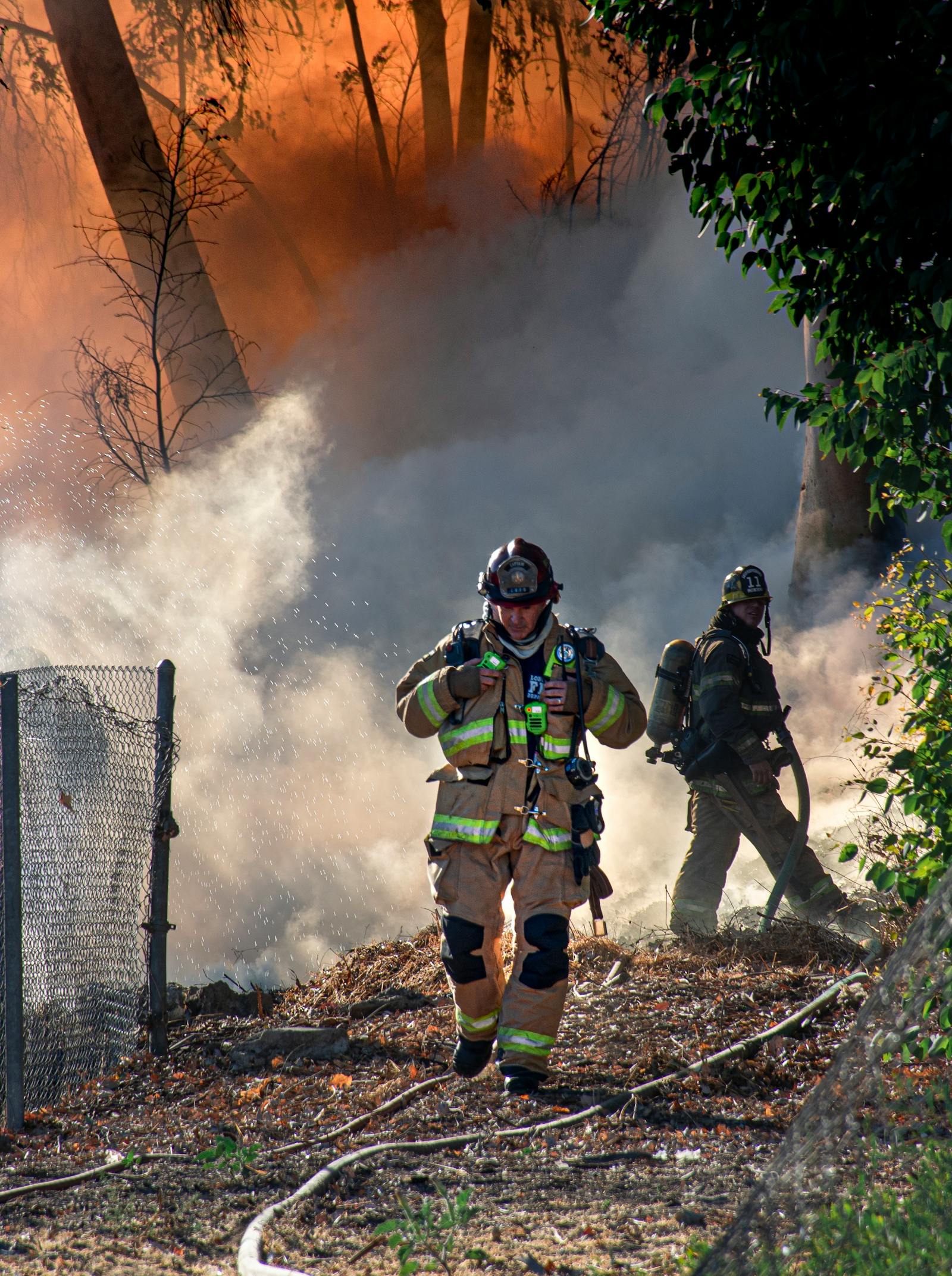Emergencies can happen when we least expect them, and being prepared is something none of us can afford to put off. Take a moment to consider: if you had to evacuate your home in 30 minutes, would you have everything you need?
This is the perfect time to get organized, make a plan, and ensure you’re ready to protect what matters most. Here are some key steps to help you prepare:
1. Review Your Insurance Policy - Are you fully covered, or could you be underinsured? Many people who’ve faced emergencies have unfortunately discovered that their insurance policies weren’t sufficient to rebuild or recover. Don’t let this happen to you. Take the time to review your policy in detail and make sure it aligns with your needs.
2. Create an Emergency Kit - Put together a kit with essential items you’d need during an evacuation or extended power outage. This might include important documents, medications, non-perishable food, water, and a change of clothes.
3. Make a Family Plan - Have a clear plan in place for how your household will handle an emergency. Discuss evacuation routes, meeting points, and communication methods in case you get separated.
4. Stay Informed - Know the risks in your area, such as wildfires, earthquakes, or floods, and stay updated on weather alerts or emergency notifications.
5. Connect with Resources - Don’t be afraid to reach out for advice or assistance. Whether it’s guidance on reviewing your insurance policy, finding trusted local resources, or simply having someone to talk through your preparedness plans, there’s help available.
Being proactive now can make all the difference later. Emergencies are unpredictable, but preparation is something you can control. Take the time today to ensure you’re ready for whatever comes your way.
